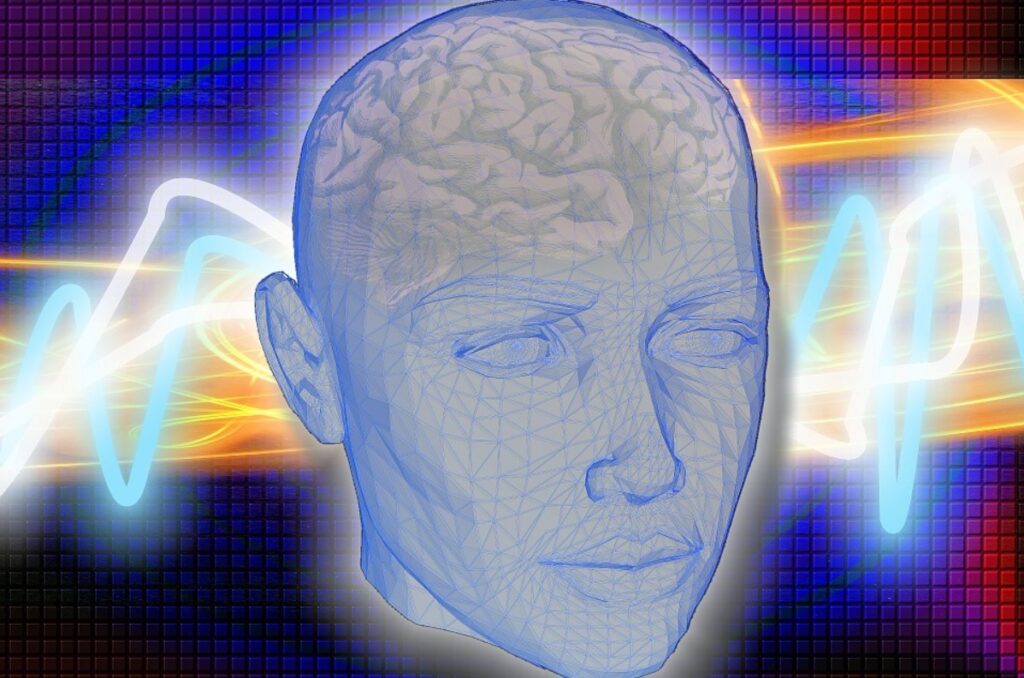Transcranial Magnetic Stimulation (TMS) is a non-invasive medical procedure that utilizes magnetic fields to stimulate the brain and provide therapeutic benefits. This therapy has been found to be effective in treating depression, anxiety, OCD, PTSD, and other mental health conditions. It can also help improve cognitive abilities such as memory and concentration. Here are some of the potential benefits of TMS therapy.
1. Improves Mood and Outlook
Transcranial Magnetic Stimulation (TMS) therapy has been proven to be an effective treatment for depression, anxiety, OCD, and other mental health issues. By stimulating specific areas of the brain, TMS can help reduce symptoms by altering levels of neurotransmitters in the brain. It is thought that reducing the activity of certain nerve fibers helps restore balance in your mood and outlook. You can find TMS treatment in Saratoga Springs, NY if you are in the area. Research shows that after multiple sessions of TMS, patients report feeling better overall with fewer depressive symptoms. Also, most insurance plans cover TMS therapy.
2. Enhances Cognitive Performance
Transcranial magnetic stimulation (TMS) therapy has been shown to improve cognitive performance in several ways. Research indicates that TMS can increase the release of dopamine and stimulate brain activity, which leads to better concentration, memory recall, problem-solving skills, and decision-making capabilities. By stimulating areas of the brain responsible for learning and memory, TMS can also improve language comprehension and processing speed. In addition, some studies have even suggested that TMS may help with mathematical calculations. With regular sessions over an extended period of time, those who receive TMS therapy may find improvements in their overall academic performance.

3. Minimizes Side Effects
Unlike other medical treatments for mental health issues, TMS does not rely on drugs to provide relief. Instead, the electrical stimulation triggered by the machine helps to modify the neurotransmitters in the brain. This results in fewer side effects than medications. While some people experience mild headaches or scalp discomfort during treatment sessions, these symptoms usually dissipate soon after the completion of a session. If necessary, doctors may reduce the intensity of treatment to minimize any discomfort. It’s important to keep in mind that while TMS therapy is usually safe and effective, it’s still important to consult with your doctor before undergoing any treatment.
4. Quick and Reliable Results
Transcranial magnetic stimulation therapy is an effective, non-invasive tool for treating a variety of conditions. It is quick and easy to set up, and the results are often seen in as little as five minutes, making it highly reliable. The portable device can be used anywhere, allowing a patient to receive treatment whenever they need it — there’s no need to wait days or weeks for an appointment with a specialist. Transcranial magnetic stimulation therapy has been proven to reduce stress and improve moods in patients who have depression and anxiety disorders, as well as those with an autism spectrum disorder.
Conclusion
Transcranial magnetic stimulation therapy can provide numerous benefits for those dealing with mental health issues. It is a non-invasive medical procedure that uses magnetic fields to stimulate the brain, resulting in improved moods and cognitive performance. With few side effects and quick and reliable results, TMS therapy is becoming increasingly popular as an alternative treatment option.
